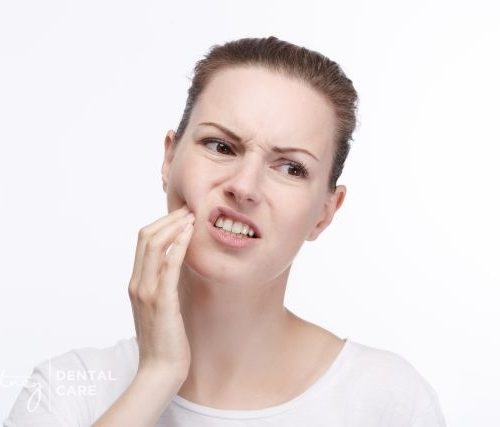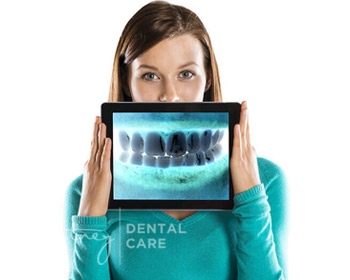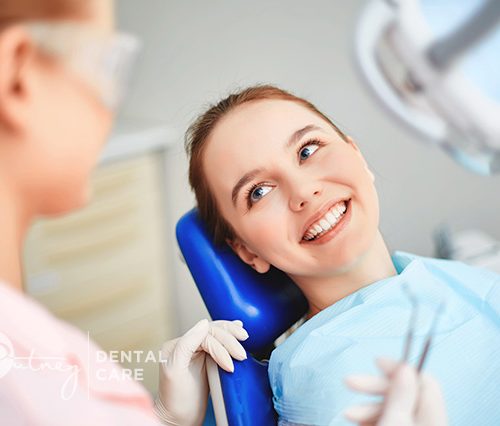Have Your Chocolate and Eat It Too!
While we all know that eating too many sweets can ruin our diets, often we forget that too many sugary treats can damage our teeth too. When we eat foods that are high in sugar the bacteria in our mouths form acids that can erode the enamel of our teeth. This bacteria forms a sticky layer on our teeth called plaque that must be removed when we clean our teeth.
The good news is that with proper precautions, you can enjoy indulging at Easter without damaging your teeth. So go ahead! Eat those delicious chocolate cakes, Cadbury eggs and Rose chocolates and still have a beautiful smile for all those family pictures.

Oral Health Care For Children
1. Practise Smart Sweet Selection
Avoid eating sweets that stay in your mouth for a long time or that will stick to your teeth. Foods that have a high sugar content and that stay in the mouth for prolonged periods of time allow acids to breakdown the teeth, which increases your risk for tooth decay.
2. You’ll Love Those Hard Caramels, Your Teeth May Not
Biting into hard foods can chip, break or cause fracture lines in your teeth.
3. Eat Sweets With Meals
The production of saliva is increased during mealtimes. Saliva helps to remove acids that are produced by bacteria that can cause tooth decay.
4. Bunnies Should Graze, We Should Not
Munching on chocolates all day not only takes a toll on your waistline, but it is also hard on your teeth. It takes around 30 minutes for the acids in your mouth to begin to neutralize after you eat. The more frequently that you eat, the longer your tooth enamel will be exposed to cavity-causing acids.
5. Don’t Forget to Brush and Floss
Plaque can accumulate between the teeth where the bristles of your toothbrush cannot reach. Flossing will help to remove any food or plaque from between your teeth and from under the gum line to prevent decay and gum disease.
6. Drink plenty of Water!
7. Come In and For a Visit
We recommend that you visit your dentist every 6 months for regular cleans and preventive check-ups.
Sport Mouthguard Guide ‘Baby, It’s Cold Outside’Latest from the Dental Blog
 17 Mar 2023
17 Mar 2023
Why Do You Have a Hole in Your Gums?
It is not uncommon for the occasional pain or inflammation of the gums to flare up, but a hole in…
 18 Oct 2017
18 Oct 2017
Dental X-Ray Examinations
Dental X-Ray, or radiographic examinations, are one of the most important diagnostic tools in the dentist’s arsenal. Radiographs may help…
 28 Aug 2020
28 Aug 2020
5 Ways To Beat Dentist-Related Anxiety
Nobody likes going to the dentist, but there are some of us that really dislike going to the dentist, so…
